Trump demands 5% of GDP for defence, Europe looks for loopholes Expert opinions on Caliber.Az
U.S. President Donald Trump may skip the NATO summit in June if member states do not increase their defence spending.
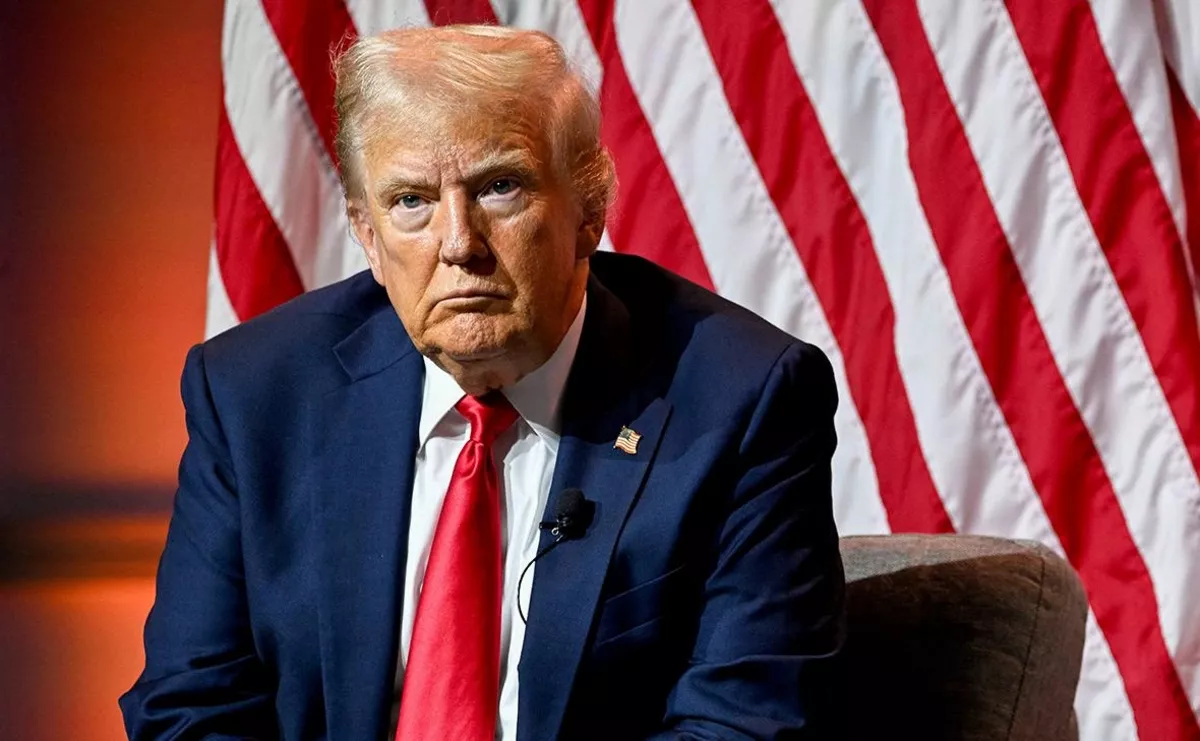
According to German magazine Der Spiegel, this ultimatum has already been delivered to the allies by the new U.S. ambassador to NATO, Matthew Whitaker. He stressed that Washington insists NATO countries spend at least 5 per cent of their GDP on defence.
"At first, the Germans believed the Americans weren’t serious about the 5 percent — that it was just a negotiating tactic. But now they take Whitaker at his word," the article states.
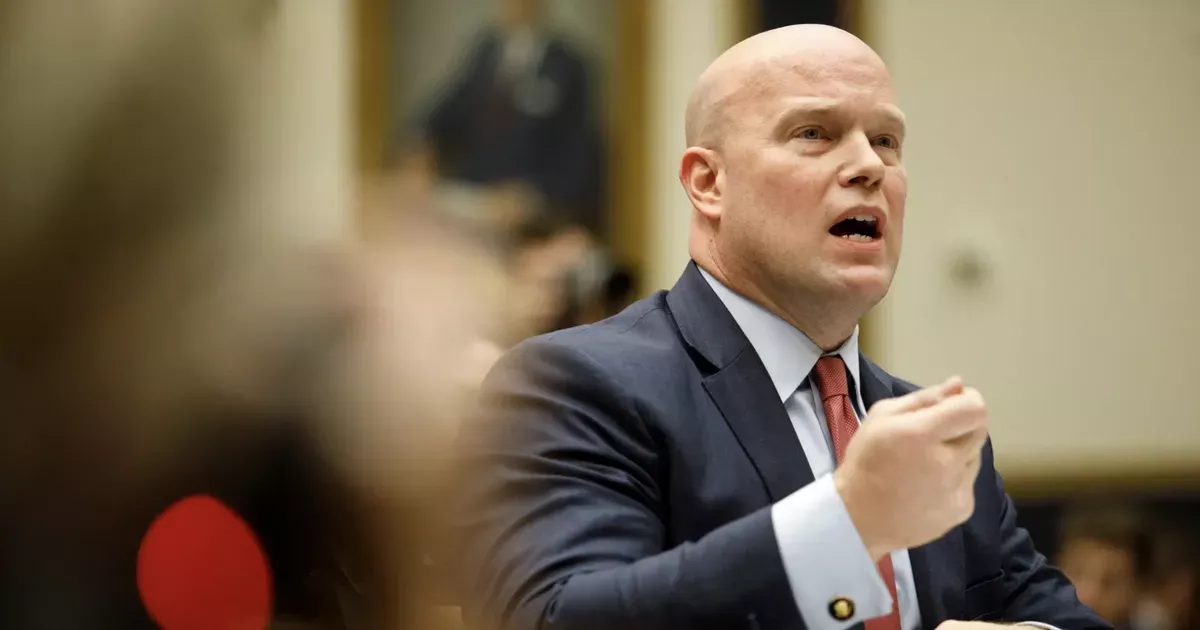
The next NATO summit at the highest level is scheduled to take place in June in the Netherlands.
NATO Secretary General Mark Rutte appears to have found a way to raise member states’ military spending to 5 per cent of GDP, according to sources cited by Reuters. His plan involves increasing defence expenditure from 2 to 3.5 per cent of GDP, while boosting other “security-related” spending to 1.5 per cent of GDP.
NATO spokesperson Allison Hart noted that Rutte is already working with alliance members to prepare a decision on this matter ahead of the June summit in The Hague.
"This will likely involve not only higher investment in defence according to the agreed NATO definitions but also additional investment in related areas like infrastructure and resilience," Hart added.
Will Trump’s ultimatum and Rutte’s plan push Western European NATO members to agree to raise military spending to as much as 5% of GDP? And will they be willing—or even able—to adjust their national budgets before the NATO summit scheduled for the second half of June?
European experts shared their views on the matter with Caliber.Az.

Alexander Cherkassky, analyst, publisher, and editor-in-chief of Neue Zeiten magazine and the Neue Zeiten TV YouTube channel (Germany), noted that Germany's future Chancellor, Friedrich Merz, has taken an unprecedented step by pushing through a constitutional amendment that effectively allows the government to use public funds beyond the regular budget, including for defence purposes.
"Germany wants to invest hundreds of billions of euros into national defence and the renewal of its ageing infrastructure. It's hard to say whether European NATO members will manage to agree on raising spending to 5%, as this will likely depend on each individual country. As far as I know, for instance, Poland has already increased its defence budget to 4.7%," Cherkassky said.
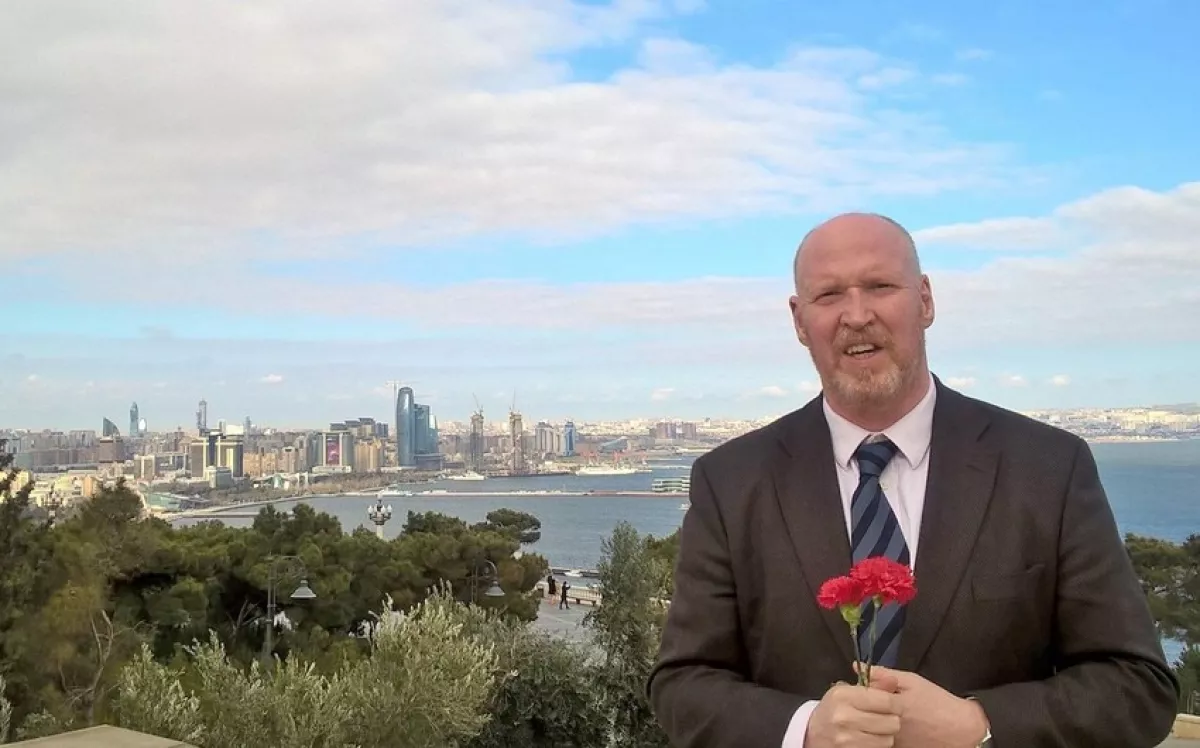
Irish political scientist and historian Patrick Walsh points out that the European Commission recently unveiled its €800 billion ReArm plan.
“The plan entails a significant increase in defence spending for EU member states that also belong to NATO. About €650 billion of this amount is expected to come from the 27 member states themselves, which would raise their defence expenditure by an average of 1.5% of GDP above current levels.
The 5% target is a tough one for European countries that have for years relied on U.S. military support. The Germans are currently modifying their own fiscal rules, effectively concealing some expenses by not including them in official spending calculations—using off-balance-sheet reporting and private investments via the newly created rearmament bank.
The bank is designed to shift most of the cost overrun risks in defence projects onto contractors, while keeping direct development costs off government balance sheets.
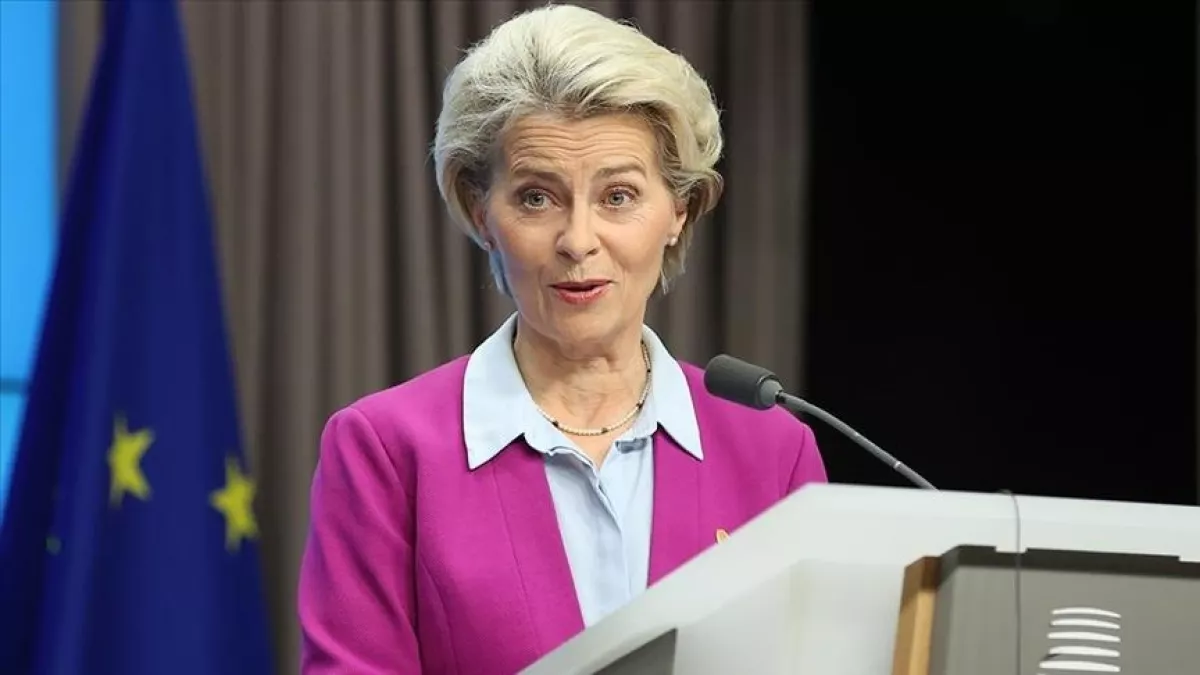
Ursula von der Leyen has advised the EU to take a similar approach. In essence, it's a financial trick.
It is also likely that all kinds of expenditures—including pensions and administrative costs—will be grouped under the ‘defence spending’ label in accounting books to meet the target set by Trump.
Europe has made a lot of noise about its grand rearmament ambitions, but behind this lies a deep reluctance to actually spend the massive additional sums required for defence, especially as the United States reduces its military presence nearby.
Redirecting social spending towards military goals is completely unacceptable to voters who have already risen up against the political elites in Europe. Public sentiment could worsen if Trump's ongoing trade war escalates into a global recession.
The Euro ReArm plan and the UK-led rearmament bank are likely to become nothing more than a reshuffling of fake money within the European defence monopoly council, aimed at placating the U.S. president, with the hope that the old world order will return once Trump is undermined by failure or leaves office," Walsh argues.
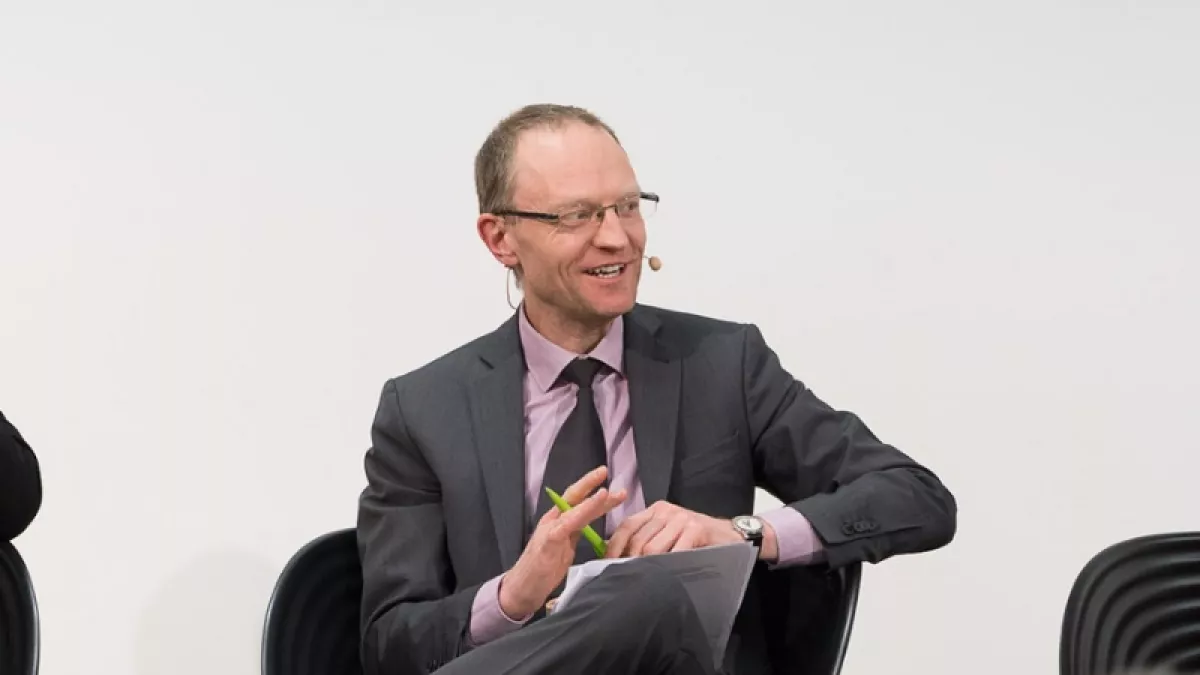
Dr. Stefan Meister, head of the Centre for Order and Governance in Eastern Europe, Russia, and Central Asia at the German Council on Foreign Relations, believes that the 5% target is completely unrealistic and meaningless.
"If Germany increases its defence budget from 2% to 3.5% now, it will face difficulties in spending the funds. Europe won't be able to produce the necessary amount of weapons and ammunition even if other countries raise their spending to 3% or more. It cannot hire enough soldiers, nor will it find military equipment on the global market," the analyst states.
He also raises a critical question: If the U.S. is spending around 3.5% of its GDP on defence, why should Europe be expected to spend more?
"This will not be accepted by European societies, as it would mean cuts to social and other spending. 3–3.5% is already ambitious, and the economies of European countries are not growing.
Yes, Germany will spend €500 billion over the next 10 years on infrastructure, part of which is also military infrastructure. It has adjusted its debt gap for this, but it cannot keep increasing budgets indefinitely.
Therefore, this is unrealistic and will not be accepted by societies. This will not happen, especially with large member states such as Germany, France, and Italy.
Poland and the Eastern member states are an exception, as they border Russia, Ukraine, or Belarus, where there is much greater public acceptance of the issue.
But what if next time Trump demands 6%? Europeans need to become less dependent on the U.S. as soon as possible to undermine this policy of blackmail," Meister argues.








